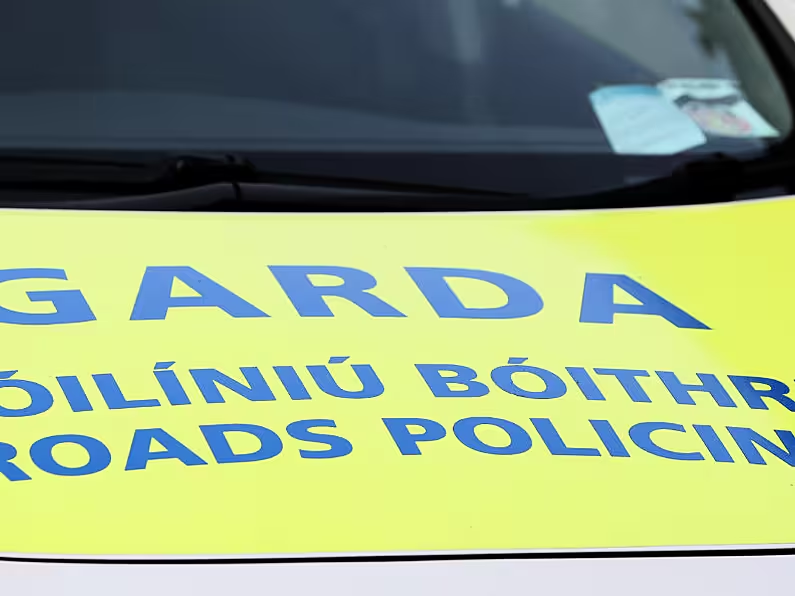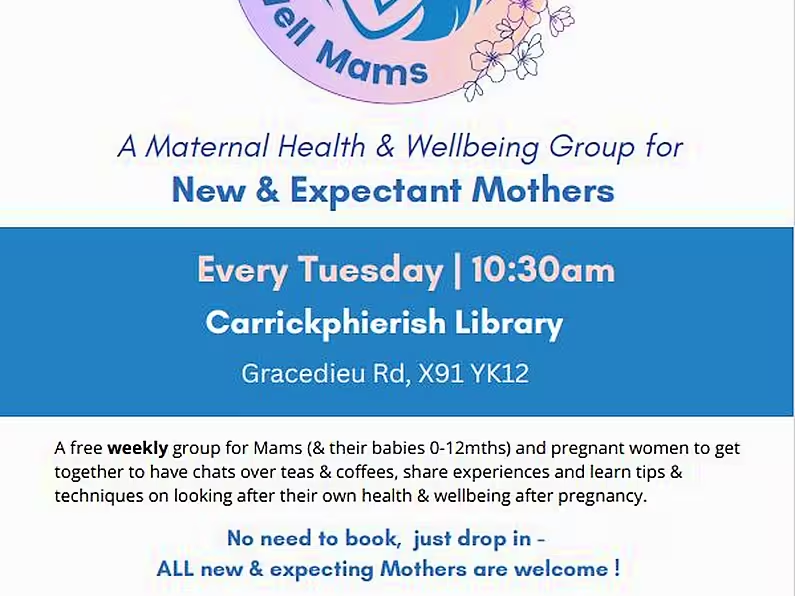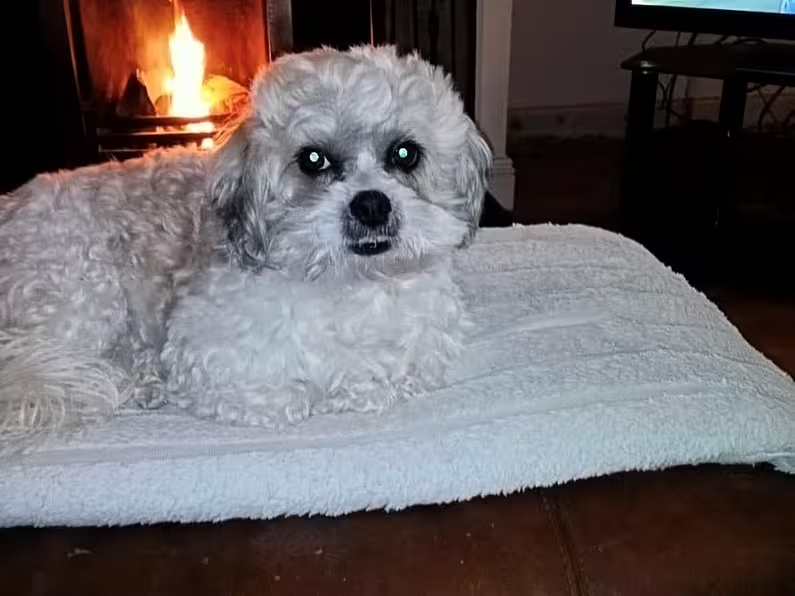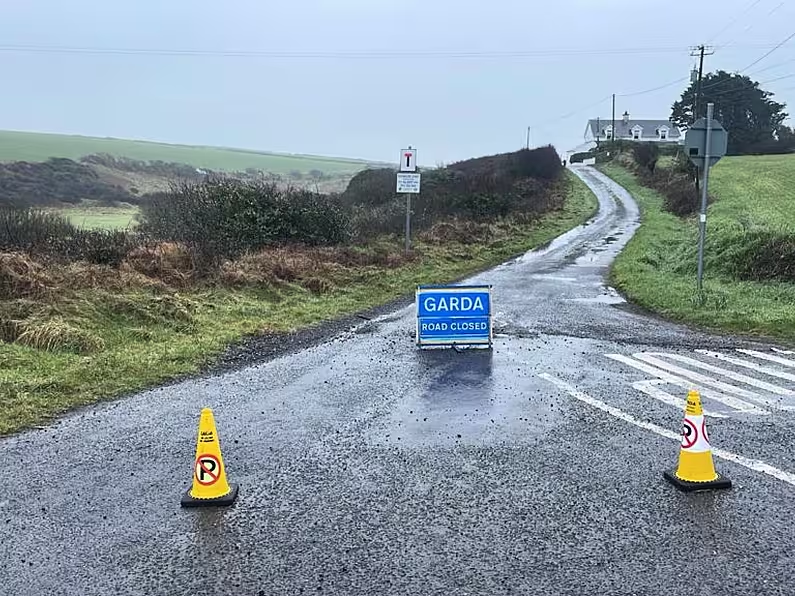Dr Tom Pender - HSE Senior Clinical Psychologist
Tom, who is a Psychologist with the HSE, has advice on how you can stay connected with others if you are continuing to isolate or cocoon for health reasons.
Leslie Hughes - Laochas The Warrior Soul Project
Leslie Hughes from Laochas The Warrior Soul Project shared some tips with us around how we can support our young people to stay connected with their mental health to stay well. Laochas mission is to provide mental health services, education for young people under 18 and promoting positive mental health awareness while involving them in the development of the service
Anxiety Coping Skills For Kids And Teens
The ways in which we deal with stress and anxiety is different depending on our age and mental health. For parents, guardians and educators, we have a few little tips for you to help the child or teen in your life when they are feeling anxious.
Breathing exercises for kids
Simple things like taking deep breaths instead of shallow breaths can help our body be calm and relax. Tell them to breathe in like you are smelling a flower and breathe out like they are blowing a leaf or dandelion.
Being playful with kids can also help, introducing items like bubbles, feathers and their favourite teddy when they are feeling anxious can really help. Lie down with them and put their favourite teddy on their tummy and breathe in and out and watch it rise up and down. This can help them feel calm but in a fun way.
One-minute meditation for kids:
1. Relax somewhere that you are comfortable, sitting or lying down.
2. Imagine calm is a colour, what would it be?
3. Imagine worry is a colour, what would it be?
4. Breathe in your calm colour and breathe out your worry colour.
5. Repeat this taking nice, slow deep breaths for one whole minute.
6. When one minute is up, open your eyes slowly and smile.
Tips for Teens
Talk to people you feel comfortable with about what you are feeling or worried about.
Write down or draw how you feel and review it yourself or with a friend.
Spending time on your phone or social media isn’t a bad thing, explain to your parents or guardian if they question the amount of time you’re spending on it, that you are staying connected with your friends.
Art, music, exercise, reading, TV or chatting with friends can calm you down and help focus your mind and body.
Look for patters or situations that make you feel particularly worried or anxious. If you find yourself in these situations, try relaxation or use a distraction technique like listening to music or reading your favourite book.
Limit coffee or energy drinks, they may seem to help at first but can increase feelings of anxiety.
If you continue to feel overwhelmed, out of control or unable to calm down after a long period, seek support and advice from your GP.
Niamh Flavin - Social Prescribing Coordinator
Niamh Flavin, the Social Prescribing Coordinator for Waterford Metro Area chatted to Damien on Déise Today to discuss what Social Prescribing is, how you can access it, supports offered and methods that people can engage safely.














